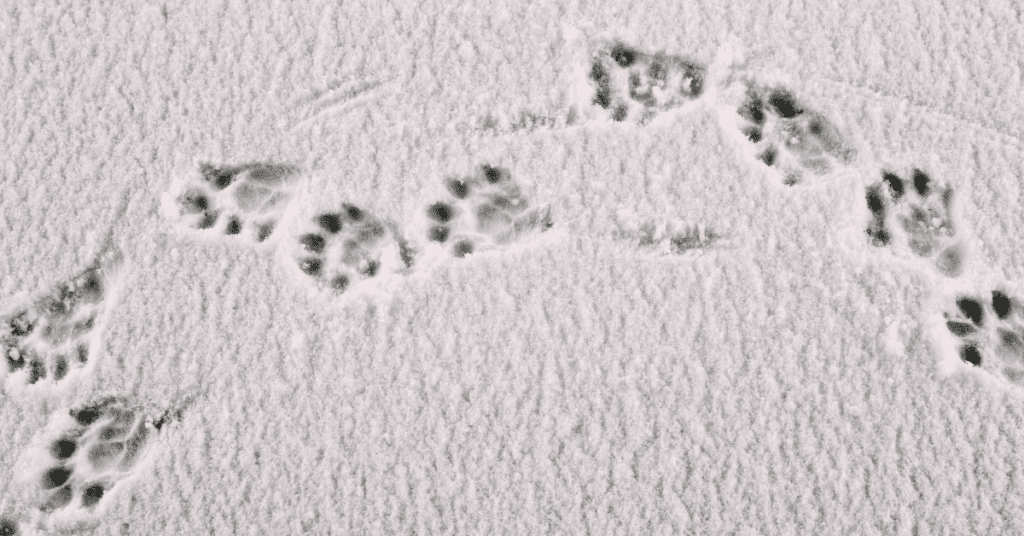Signs of Winter Pest Infestation

The damp and cold winters create the perfect environment for pests to seek shelter in homes. As temperatures drop, pests like rodents, insects, and even raccoons may invade, posing risks to property and health. Understanding common winter pests and recognizing signs of infestation can help protect your home. This guide covers the essential steps to identify, prevent, and manage winter pest problems in Metro Vancouver’s unique climate.
Common Winter Pests
Let’s explore some of the pests that commonly invade homes during winter months.
House Mice
House mice often invade homes through tiny cracks and crevices. These rodents seek out dark, secluded spots like basements and crawl spaces. They can cause damage by gnawing on wires, drywall, and furniture, and may spread diseases such as Salmonella and hantavirus.
Norway Rats
Prevalent in urban areas, Norway rats often make their way into basements or garages. These pests are destructive, capable of chewing through wood, pipes, and plastic. They also pose health risks, carrying diseases like leptospirosis.
Silverfish

Our damp climate is perfect for silverfish, which are often found in bathrooms, kitchens, and basements. These pests feed on paper, glue, and fabrics, damaging books, wallpaper, and clothing. Silverfish are one of the most common pests during winter in our damp climate. They’re not just a nuisance but can also damage paper, fabrics, and wallpaper. If you’re noticing these pests, our guide on Silverfish Infestation in Your Home offers detailed prevention and treatment tips.
Spiders
Common spiders include the giant house spider and the wolf spider. Although many spiders are harmless, their presence can still be unsettling. Discover the best methods for keeping spiders at bay in our article, Unweaving the Spider Web.
Raccoons
Raccoons are known to enter attics and crawl spaces in search of warmth. They can damage insulation, spread diseases like rabies, and create significant messes.
Signs of a Winter Pest Infestation
Stay alert for these signs of a pest problem during winter:
Droppings
Pest droppings near food sources, in drawers, or along baseboards can help identify the pest.
Strange Smells
Foul or musty odors may indicate droppings, urine, or decaying food left by pests.
Nocturnal Sounds
Listen for scurrying, scratching, or squeaking sounds in walls or ceilings at night.
Damaged Fabric and Furniture
Holes, scratches, and tears in clothing, upholstery, or drapes can signal pests like rodents or silverfish.
Missing Items
Rodents often hoard small, shiny objects like jewelry or coins.
Grime and Tracks
Pests may leave greasy smudges or tracks along walls, baseboards, or floors.
Damages Caused by Winter Pests
Property Damage
Rodents and insects can destroy furniture, walls, wires, and books. Damage to wooden structures in winter may not always be rodents—carpenter ants can also be to blame. Learn more about identifying and managing these pests in our guide, Are Carpenter Ants in Your House?.
Health Hazards
Pests like cockroaches and mice can spread diseases and exacerbate allergies or asthma.
Indoor Air Quality
Pest activity can worsen indoor air quality, particularly in damp environments
Preventing Winter Pest Infestations

Seal Entry Points
Inspect your home for cracks, gaps, or holes. Seal them with caulk or weather proofing materials to keep pests out. A proactive approach to pest control starts with a thorough inspection of your home. Learn how to conduct an effective assessment in our guide, How to Pestcheck Your Home: This Year’s New Year’s Resolution.
Manage Moisture
Our damp climate creates ideal conditions for pests. Use dehumidifiers and fix leaks to reduce moisture levels in your home.
Store Food Securely
Store food in airtight containers and keep your kitchen clean to deter pests from finding food sources. The holiday season can bring its own set of pest challenges. Find out how to keep your home pest-free with our guide, Christmas Pests: Prevention Tips for the Holidays.
Trim Vegetation
Keep shrubs and trees well-trimmed and away from the exterior of your home. Overhanging branches can provide a pathway for pests to enter.
Regular Cleaning
Vacuum regularly and avoid clutter to minimize hiding spots for pests.
Professional Pest Control Services

For serious infestations or pests that are difficult or hazardous to handle, such as rodents, raccoons, or aggressive insects, it’s best to contact a professional pest control service like Pestcheck. We provide thorough inspections to identify the type of pest, entry points, and the extent of the problem.
Our trained technicians use safe, effective methods, including eco-friendly and humane options, to eliminate pests while protecting your home and family. Additionally, we offer practical advice and solutions to prevent future infestations.
Conclusion
Winter pest control is essential for a safe and comfortable home. Simple steps like sealing entry points, reducing moisture, and maintaining cleanliness can prevent infestations. Recognizing warning signs such as droppings or unusual smells helps address issues early. For serious problems or dangerous pests, professional pest control services by Pestcheck will ensure effective and safe removal. With proactive measures, you can keep your home warm, safe, and pest-free throughout the damp and chilly winter months.
If you’re dealing with a winter pest infestation, don’t wait for the problem to worsen. PestCheck provides expert pest control services across Metro Vancouver. Whether you’re in need of West Vancouver Pest Control, North Vancouver Pest Control, Vancouver Pest Control our team is here to help. We also serve clients in Burnaby & New West Pest Control, Coquitlam & Tri-Cities Pest Control, and Richmond Pest Control. Contact PestCheck today for effective, eco-friendly solutions to keep your home pest-free this winter!
